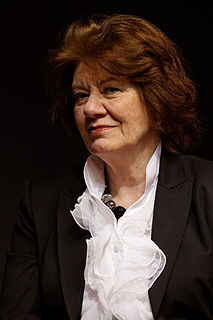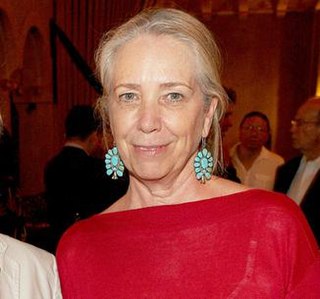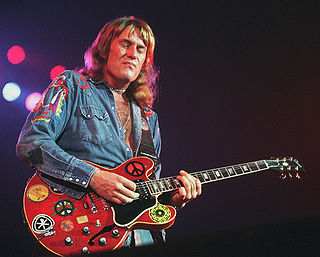A Quote by Jess Walter
I think so, too. I know I felt that way. For years. It was as if I was a character in a movie and the real action was about to start at any minute. But I think some people wait forever, and only at the end of their lives do they realize that their life has happened while they were waiting for it to start.
Related Quotes
That was my dad's sense of, you know, laughing at himself, laughing at existence, the universe, all of it and not being too serious about what we do with because at the end of the day if you're here it's a blessing. It's you know life is hard. Life is hard for everybody at some point, but it's those who are able to laugh at it and laugh with it and roll with it that ultimately I think live the fulfilling lives that we're all trying to do. You know, and big step there is to not take yourself too seriously from the start.
The first thing that happens is the cleansing of the former character. I don't think a lot of actors talk about it, but there is usually a process where you essentially purge yourself of the character played prior to the movie. Then you want to think about what the character represents, and you write down all of the elements about this character and then take the time to find some synchronicity and start breathing the character.
If I were really asked to define myself, I wouldn’t start with race; I wouldn’t start with blackness; I wouldn’t start with gender; I wouldn’t start with feminism. I would start with stripping down to what fundamentally informs my life, which is that I’m a seeker on the path. I think of feminism, and I think of anti-racist struggles as part of it. But where I stand spiritually is, steadfastly, on a path about love.
If children are given some real content, they can feel powerful with their own understanding of it. I think a movie like 'Indian in the Cupboard' will instruct them how to proceed as people. They can think about whether they would have done something the way a character did, how they would have felt about an event in the story.
I've never written a fiction before about real people. . . . I read everything that I could find by people who met them and tried to get some impression of them, but as always when you write fiction, even if you have completely fictitious characters, you start by thinking of what is plausible, what would they say, what would they be likely to do, what would they be likely to think. At some point, if it is every going to come to life, the characters seem to take over and start speaking themselves, and it happened with [COPENHAGEN].
Comic books sort of follow with the move - if people see the movie and if they're interested in the character and want to see more of the character, they start buying the comic books. So a good movie helps the sale of the comic books and the comic books help the movie and one hand washes the other. So, I don't think there's any reason to think that comics will die out.
I know it's good when I see a smaller film get recognized because it means more publicity for them. Any way to get the word out, I'm just learning about this. The end of this distribution sentence is the scariest part, which is when you start producing and directing. Now the movies are a little more like your children. You now spent years of your life and then it just dumps in one day and you think what happened? It doesn't always happen.
Life is too short for any vain regretting... Between the swift sun's rising and its setting, we have no time for useless tears or fretting, life is too short.... Time is the best avenger if we wait, the years speed by, and on their wings bear healing, life is too short for aught but high endeavor-too short for spite, but long enough for love. And love lives on forever and forever.
I think any start has to be a false start because really there’s no way to start. You just have to force yourself to sit down and turn off the quality censor. And you have to keep the censor off, or you start second-guessing every other sentence. Sometimes the suspicion of a possible false start comes through, and you have to suppress it to keep writing. But it gets more persistent. And the moment you know it’s really a false start is when you start … it’s hard to put into words.



































